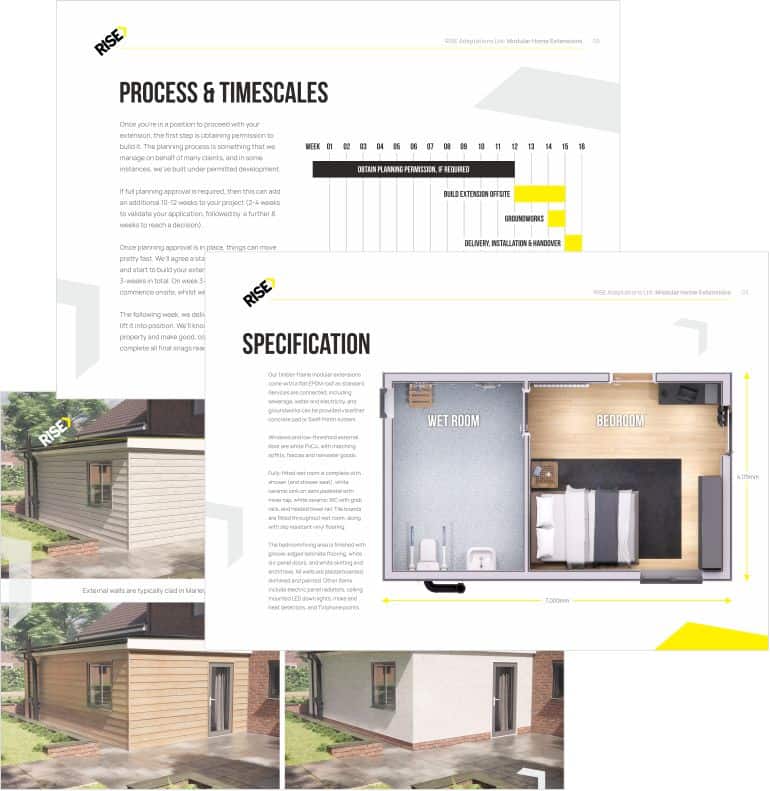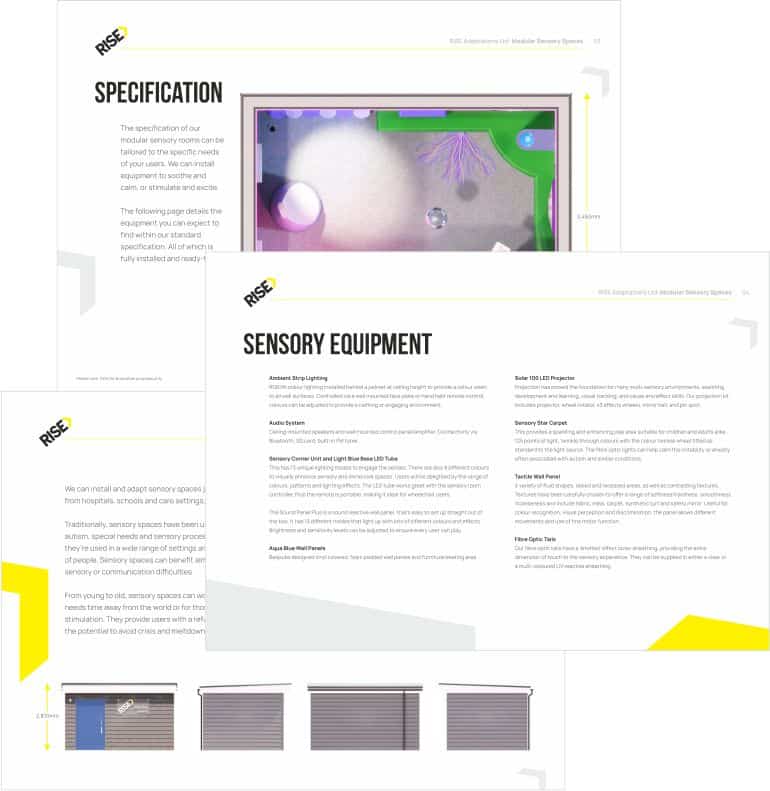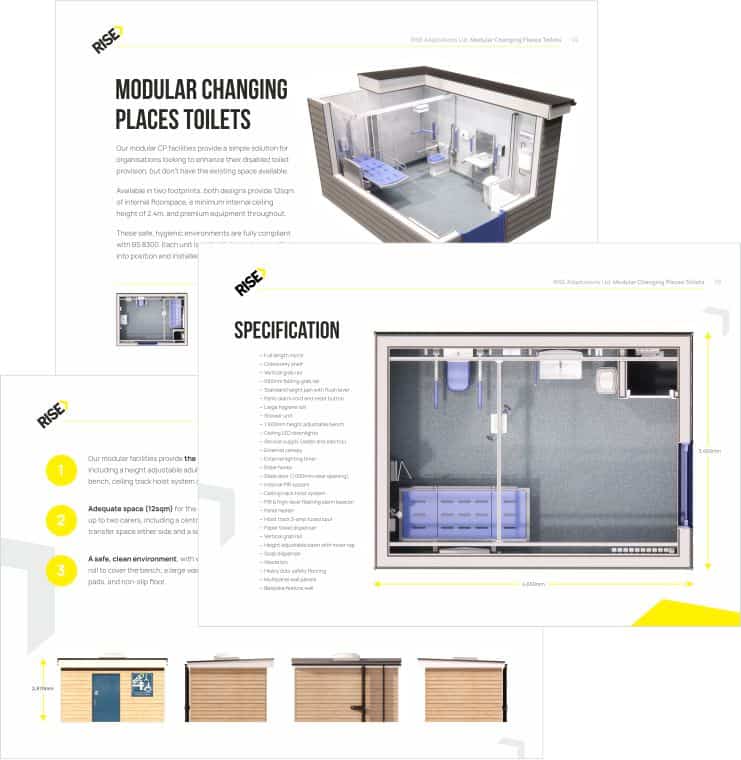
Organisations with Changing Places toilets capitalise on missed revenue from those that don’t.
According to Visit Britain, 83% of disabled people make a conscious decision not to visit an unwelcoming or inaccessible business. Suitable, clean toilet facilities – such as Changing Places – play a big part in this.
The ‘purple pound’ (money that households with a disabled person spend) is estimated to be worth £212 billion, according to Government research. This figure relates to all 12.2 million disabled people in the UK.
Whilst many of these people can use a standard accessible toilet, hundreds of thousands of profoundly disabled people still can’t. As a result, their families are limited to where the can spend their money because so few organisations cater for their needs.
Over 230,000 people in the UK need the additional support that Changing Places toilets provide. This comprises of 130,000 older people; 40,000 people with profound learning disabilities; 30,000 people with Cerebral Palsy; 13,000 people with acquired brain injury; 8,500 people with Multiple Sclerosis; 8,000 people with Spina Bifida; and 500 people with Motor Neurone Disease.
Without public toilet facilities that meet their needs, these people can’t participate in the day-to-day activities that so many of us take for granted. Changing Places aren’t just toilets: They create opportunity for some of the most vulnerable people in society.
Standard accessible toilets don’t have changing benches or hoists, and most are too small to accommodate a carer. Without Changing Places toilets, families and carers must change their loved ones on toilet floors, in car boots, or other places that are equally unhygienic and undignified.

There are various legal considerations in regards to Changing Places toilets – most notably the significant recent changes made to English building regulations.
From January 2021 onwards, building regulations in England will require thousands of Changing Places to be designed and built into new public buildings.
Places of assembly, recreation, and entertainment with the capacity of 350 or more people, or buildings over a certain size will be required to include at least one Changing Places facility if it’s a newbuild or undergoing a major refurb. Shopping centres, supermarkets, cinemas and stadia all fall into this category.
BS 8300:2009 establishes good practice for accessible building design. The British Standard advises that “disabled people should be able to find and use suitable toilet accommodation no less easily that non-disabled people.” It also recommends that Changing Places should be provided in complexes and larger buildings.
In the UK, the Equality Act protects the rights of all disabled people, as individuals. That includes the sanitary facilities that are provided.
Service providers are required to think ahead and address barriers that impede disabled people. ‘Reasonable’ adjustments are required, and facilities must provide equal access to toilets for disabled customers and employees, to the same standard as non-disabled people.
A business should pay close attention to how ‘reasonable’ is judged in the courts. It’s easy to underestimate the extent of your duty and citing ‘too expensive’ or ‘disruptive’ without evidence of a thorough assessment and reasoning would be unwise.
Finally, many organisations and business owners have concerns about installing a Changing Places toilet and getting things wrong – questioning their liability should an accident happen.
Well, it’s important to note that liability doesn’t normally arise due to an accident occurring. A lack of health and safety precautions is typically the root cause, and a comprehensive risk assessment should help to prevent this.
Since the Changing Places campaign was launched back in 2006, over 1,500 facilities are now in-use — but it’s nowhere near enough! Whatever their reasoning, many UK organisations have started to realise the potential of these life-changing facilities, generating untapped revenue for those who invest.

Call 07729 224 738 or email hello@riseadapt.co.uk
We’re open Monday to Friday, 08:00-18:00.
To learn more about Changing Places, why not download our brochure or attend one of our monthly online seminars.
Call: 07729 224 738
email: hello@riseadapt.co.uk
08:00-18:00, Mon-Fri
To learn more about Changing Places, why not download our brochure or attend one of our monthly online seminars.
Please submit your details to receive further information about our modular home extensions…
Don’t forget to check your ‘junk’ folder if you don’t immediately receive your download.

Please submit your details to receive further information about our sensory rooms…
Don’t forget to check your ‘junk’ folder if you don’t immediately receive your download.

Please submit your details to receive further information about our Changing Places facilities…
Don’t forget to check your ‘junk’ folder if you don’t immediately receive your download.

Send us a quick message via the form below and a member of the RISE team will be in contact a.s.a.p…